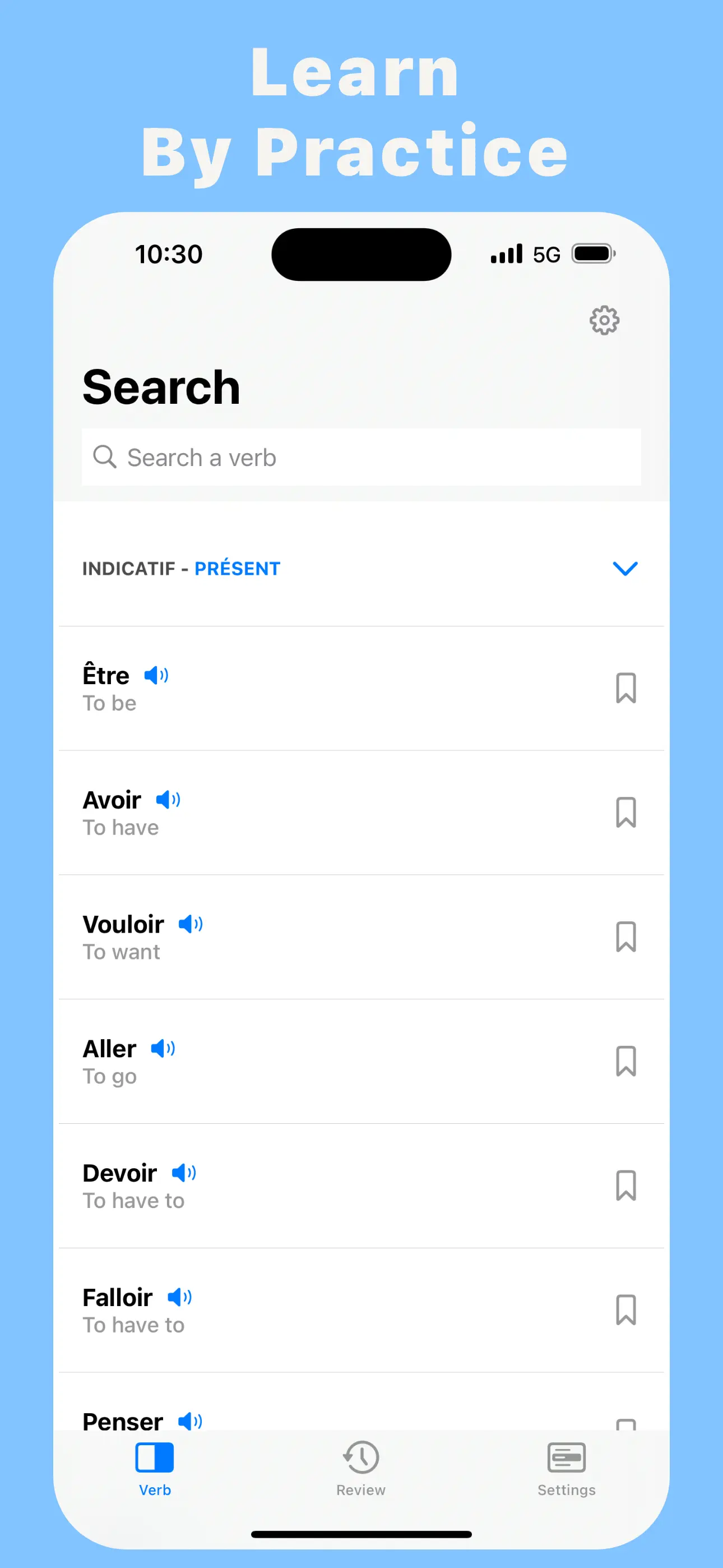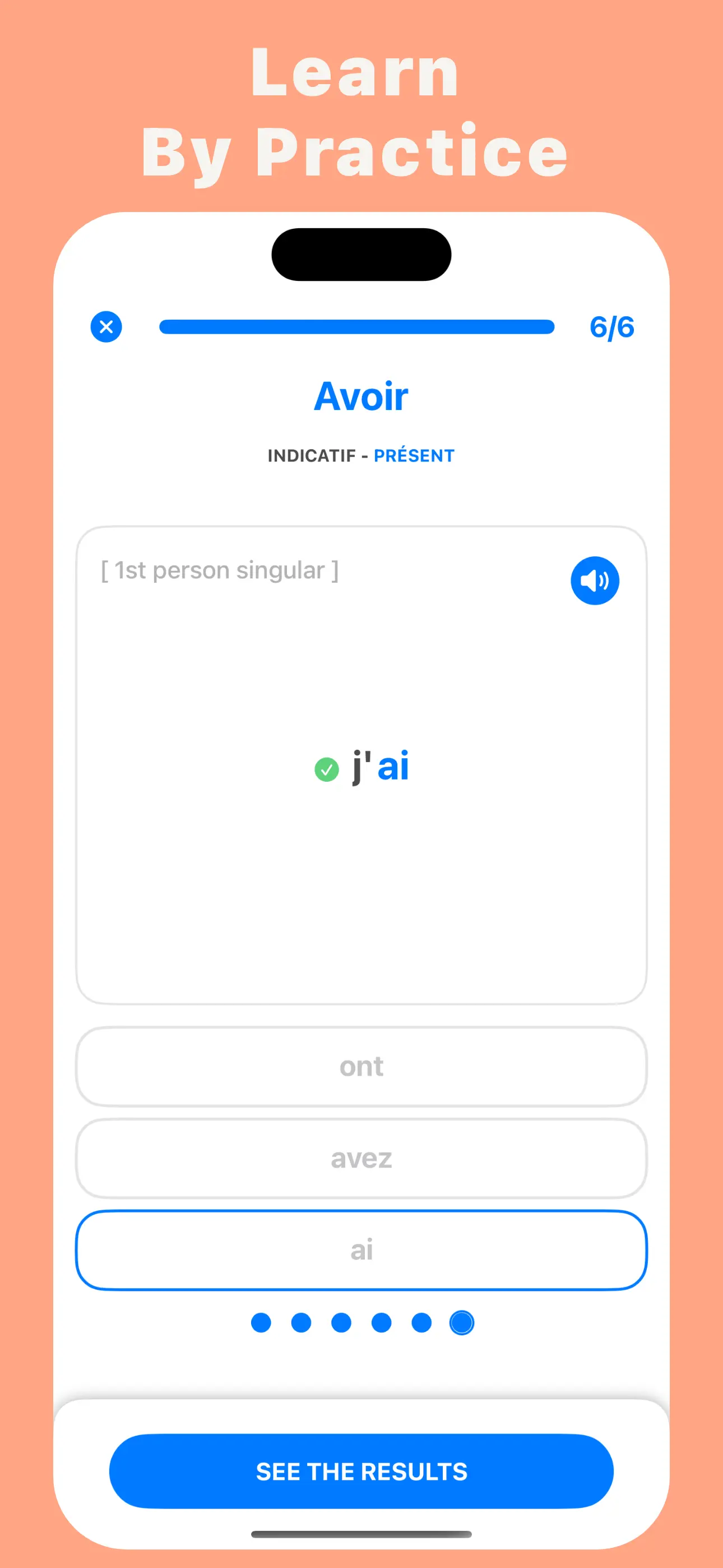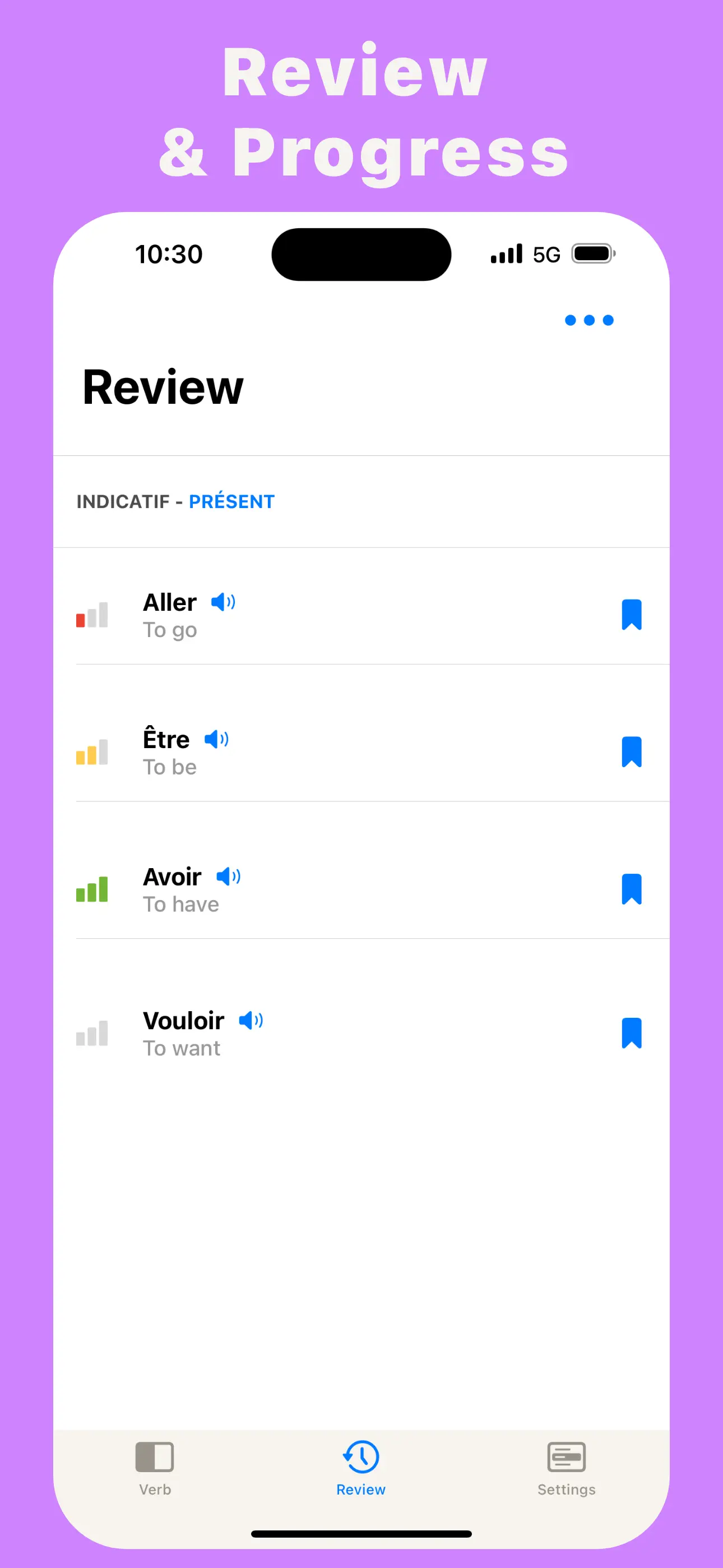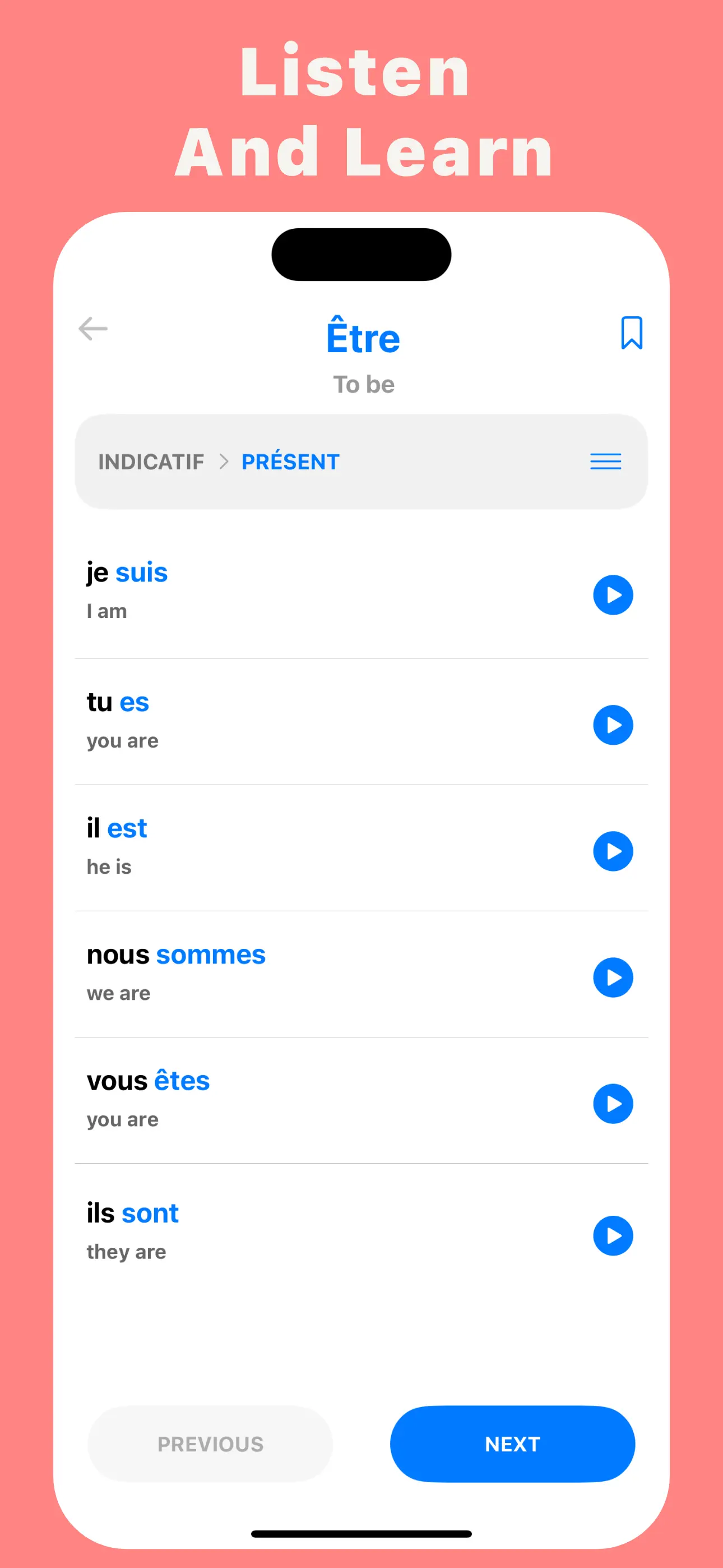
Verbo Llegar: Indicative Pluperfect Guía de Conjugación para Principiantes
El verbo español llegar (to arrive) es uno de los verbos más utilizados, y la buena noticia es que ¡es regular! En esta guía, aprenderás cómo conjugar llegar en los tiempos más importantes para que puedas empezar a usarlo con confianza en las conversaciones diarias.
Conjugación de “Llegar”
Tiempo presente:
- Yo llego – I arrive
- Tú llegas – You arrive (informal)
- Él/Ella/Usted llega – He/She/You (formal) arrive
- Nosotros/Nosotras llegamos – We arrive
- Vosotros/Vosotras llegáis – You all arrive (informal plural, Spain)
- Ellos/Ellas/Ustedes llegan – They/You all arrive
Pretérito perfecto simple:
- Yo llegué – I arrived
- Tú llegaste – You arrived
- Él/Ella/Usted llegó – He/She/You (formal) arrived
- Nosotros/Nosotras llegamos – We arrived
- Vosotros/Vosotras llegasteis – You all arrived
- Ellos/Ellas/Ustedes llegaron – They/You all arrived
Imperfecto:
- Yo llegaba – I used to arrive / was arriving
- Tú llegabas – You used to arrive
- Él/Ella/Usted llegaba – He/She/You used to arrive
- Nosotros/Nosotras llegábamos – We used to arrive
- Vosotros/Vosotras llegabais – You all used to arrive
- Ellos/Ellas/Ustedes llegaban – They/You all used to arrive
Futuro:
- Yo llegaré – I will arrive
- Tú llegarás – You will arrive
- Él/Ella/Usted llegará – He/She/You will arrive
- Nosotros/Nosotras llegaremos – We will arrive
- Vosotros/Vosotras llegaréis – You all will arrive
- Ellos/Ellas/Ustedes llegarán – They/You all will arrive
Ejemplos de uso:
- Presente: “Yo llego a la oficina a las 8 de la mañana.”
→ I arrive at the office at 8 in the morning. - Pretérito perfecto simple: “Ayer llegaste muy tarde a casa.”
→ Yesterday, you arrived home very late. - Imperfecto: “Cuando era niño, llegaba a la escuela en autobús.”
→ When I was a child, I used to arrive at school by bus. - Futuro: “Mañana llegaremos juntos al aeropuerto.”
→ Tomorrow we will arrive at the airport together.
Aprender cómo conjugar llegar hará




